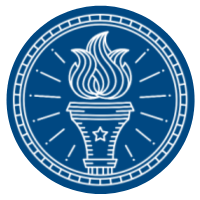Developmental Disabilities Act
The Developmental Disabilities Assistance and Bill of Rights Act of 2000 (DD Act) is a piece of disability rights legislation that empowers people with developmental disabilities and their families to have a say in the policies that affect them. Here's a breakdown of the key components and their importance:
State Councils on Developmental Disabilities (Councils)
These organizations drive advocacy, systems change, and capacity-building efforts to promote the self-determination, integration, and inclusion of people with developmental disabilities. They achieve this through outreach, training, barrier removal, coalition building, encouraging citizen participation, and keeping policymakers informed about disability issues.
Why it matters: Councils amplify the voices of people with developmental disabilities, creating more inclusive communities. Their focus on systems change and capacity building ensures individuals have the necessary support for independent living and full societal participation.
State Protection & Advocacy Systems (P&As)
As independent entities, P&As champion the personal and civil rights of individuals with developmental disabilities. They offer legal support to navigate the system, achieve resolution, and advocate for broader systems change.
Why it matters: P&As safeguard the rights of people with developmental disabilities, ensuring dignity, respect, and access to essential services and supports through legal advocacy.
University Centers for Excellence in Developmental Disabilities Education, Research & Service (UCEDDs)
As university-affiliated entities, UCEDDs bridge academia and the community. They conduct research, provide education and training, and offer services to enhance the lives of people with developmental disabilities and their families.
Why it matters: UCEDDs advance knowledge and best practices in the field, ensuring access to effective supports and services through research, education, and training.
Projects of National Significance (PNS)
These initiatives address the most pressing issues for people with developmental disabilities and their families, creating and expanding opportunities for community contribution and participation.
Why it matters: PNS projects tackle the biggest challenges, supporting national and state policy development, and funding grants and contracts to enable independent living, employment, and full community participation.
